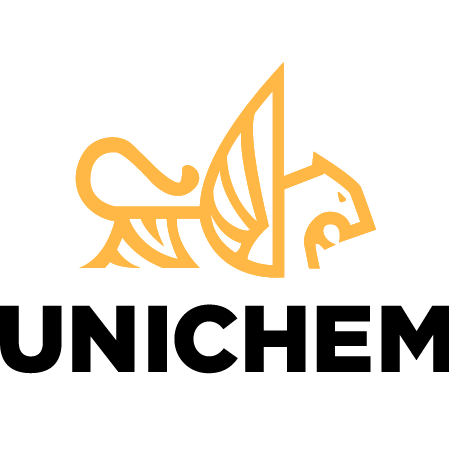
The electric vehicle market continues to evolve along with self-driving technology to provide greater fuel efficiency and safety in automobiles. As electric vehicle (EV) technology advances, the use of adhesives by automotive OEMs is even more prevalent compared to manufacturing conventional vehicles. Adhesive manufacturers continue to develop new technologies to meet the requirements of the EV market.
Adhesives Provide Many Advantages to Electric Vehicles
Adhesives provide many benefits to the automotive market for both conventional and EV’s, although with one of the main goals of EV’s being to improve fuel efficiency, weight reduction is one of the most profound benefits. Some of the most recognized benefits of adhesives in vehicle manufacturing include:
- Weight reduction
- Thermal conductivity
- Simpler process than welding
- Reliable sealing and bonding
- Environmental resistance
- Bonding dissimilar materials and Low Surface Energy (LSE) plastics
Innovative adhesive manufacturers are expanding product lines to help automotive OEMs realize these benefits with EV production.
Weight Reduction
Adhesives have provided the advantage of weight reduction to automotive OEMs with conventional vehicles for decades and are even more crucial now to improve fuel efficiency and increase the charge on an EV’s range. As adhesives provide weight reduction for bonding composites, they also improve battery life with thermal management and conductivity. Reducing weight and battery packs while still providing thermal management allows for lighter weight battery packs in a wide range of appliances such as handheld vacuums, drills, which also improves ergonomics.
Bonding Battery Housings
Polypropylene and Low Surface Energy (LSE) plastics are notoriously difficult to bond and often used to manufacture battery housings. Specialty adhesives bond polypropylene and LSE plastics to provide the properties and characteristics required in battery housings such as water and chemical resistance, thermal conductivity and maintaining a permanent seal that can withstand vibration and impact.
Fire Resistant Adhesives
Many types of lithium ion batteries have gained negative press due to combustion and fires started in products like hoverboards and mobile phones. Manufacturers of EV batteries require fire retardant adhesives that meet UL-94 flammability standards while still providing the flexibility to absorb vibration and impact with thermal conductivity and electrical insulation.
Temperature Resistant Adhesives
There are many properties required of adhesives used in batteries and resistance to temperature, heat and fire is crucial. EV automotive manufacturers require adhesives with temperature resistance that will not burn or conduct heat.
As the EV market continues to grow, automotive manufacturers benefit by partnering with an experienced industrial adhesive manufacturer.
UNICHEM Offers Innovative Adhesive Technologies
Universal Chemicals & Coatings, Inc., UNICHEM, offers the uniBOND industrial adhesive product line with customized formulations to meet specific requirements. UNICHEM offers more than 50 years of experience in providing custom coatings and adhesives with vast experience in many industries and market applications. We employ high tech resin scientists and polymer experts and continually conduct research and development to meet the specific needs of our customers and evolving market demands.
uniBOND provides adhesive solutions for bonding polypropylene, polyethylene, vinyl, rubber, and fiber composites with custom formulations available. UNICHEM supports the automotive market and OEMs with high-tech adhesive solutions that deliver many benefits including weight reduction, thermal conductivity, resistance to fire, vibration and impact.
UNICHEM is recognized as a leading custom coatings and adhesives supplier with high tech solutions to meet evolving market demands. We follow strict quality policies and perform real world simulations to ensure reliable bonding and structural integrity. Contact us to learn more about uniBOND industrial adhesive performance in automobile and EV manufacturing.


